The National Research Center on Hispanic Children & Families‘ (Center) grant program for early career faculty at Hispanic Serving Institutions (HSIs) or Emerging Hispanic Serving Institutions (EHSIs) supports professional development activities that enhance the professional growth of scholars and educators at HSIs and EHSIs. The Center will provide awards of up to $2,500 to cover expenses related to early career scholars’ professional development. In addition, grantees will have the opportunity to participate in professional development and networking events organized by the Center.
The fall application period is now closed. Applicants will be notified of award decisions on the week of Nov. 20, 2023.
Eligibility
- Applicants must be an early career faculty (up to 7 years post PhD) at a Hispanic Serving Institution or an Emerging Hispanic Serving Institution.
- Applicants should demonstrate a strong interest in research focused on Latinx families and children and in one or more of these areas: poverty reduction and economic security and well-being, access to early care and education, and human service delivery.
Our team values equity and recognizes that systemic discrimination has negatively impacted the well-being of individuals, families, and communities who are also underrepresented in the research field. We strongly encourage scholars from populations that are historically underrepresented in research and academic fields (e.g., Latinx/o/e, first-generation graduate students, first-generation immigrants) to apply.
Application Requirements
Applications must be submitted by 5 p.m. PST on the posted due date, with the following components:
- A Letter of Interest on letterhead from the respective HSI/emerging HSI that describes (in no more than 500 words):
- How the applicant’s research agenda and work support Latinx families and children
- The applicant’s interest and experience in research focused on one or more of these areas: poverty reduction and economic security and well-being, access to early care and education, and human service delivery
- The amount of funds requested, including the specific professional development activities that the grant will support, and how they will help advance the applicant’s research career. Applicants should include the cost of each activity that would be supported by the grant (can be submitted in table format). Examples of professional development activities that will be covered include but are not limited to:
- Workshops, trainings, or courses;
- Conference-related expenses (e.g., registration, travel, lodging, poster printing);
- Research-related hardware or software (e.g., analysis packages, recorders, laptops/tablets for data collection);
- Fees to access data sets;
- Publication expenses (e.g., open access articles);
- Stipends for participants;
- Books;
- Professional association membership dues; and
- Journal subscriptions.
Applicants requesting that funds go through their institution should include overhead expenses in the amount requested (see Frequently Asked Questions). Funds cannot be used to cover beverages or meals.
- The extent to which their institution provides funds (if at all) for professional development and research activities, and how the professional development grant would supplement those funds or fill a gap
- Statement of diverse experiences with relevant background, lived-experiences, coursework, and skills that will inform the applicant’s ability to center equity and cultural responsiveness in their work, and/or interest in this area. This statement is limited to 100 words and should be submitted in this form in the indicated question.
- Curriculum vitae (CV) or resume with information about the applicant’s educational background, publications, presentations, and any other relevant professional or personal experience.
- Proof of degree conferral such as an unofficial transcript or a copy of the applicant’s diploma to show proof of doctoral degree completion.
Submission guidelines
Applicants should submit their application materials using this form on the due date by 5 p.m. PST. Applicants will be notified of award decisions roughly one month after the applications acceptance closes.
Evaluation criteria
Applications will be evaluated according to the following criteria:
- Inclusion of all application components and demonstration of eligibility
- Degree to which the applicant’s research experience or interests are centered around Hispanic families and children
- Degree to which applicant’s diverse experiences inform their ability to center equity and cultural responsiveness in their work
- Degree to which applicant’s research applies innovative frameworks, methods, or approaches to advance research focused on Latino populations
- Alignment of applicant’s research experience or interests with one or more of these areas: poverty reduction and economic security and well-being, access to early care and education, and human service delivery
- Extent to which professional development funds will help advance the applicant’s career
- Need for funds to support the applicant’s professional development
Please note that the Center reserves the right to award grants for a lesser amount than requested if certain activities are not deemed to be aligned with the goals of the grant. Awards are conditional on the availability of funds.
Applicants are encouraged to review our Frequently Asked Questions before submission. Please send additional questions to [email protected].
Visit our website to sign up for our Jobs, Funding, and Opportunities Alert and follow us on Twitter to learn about opportunities from the Hispanic Center and the larger field.
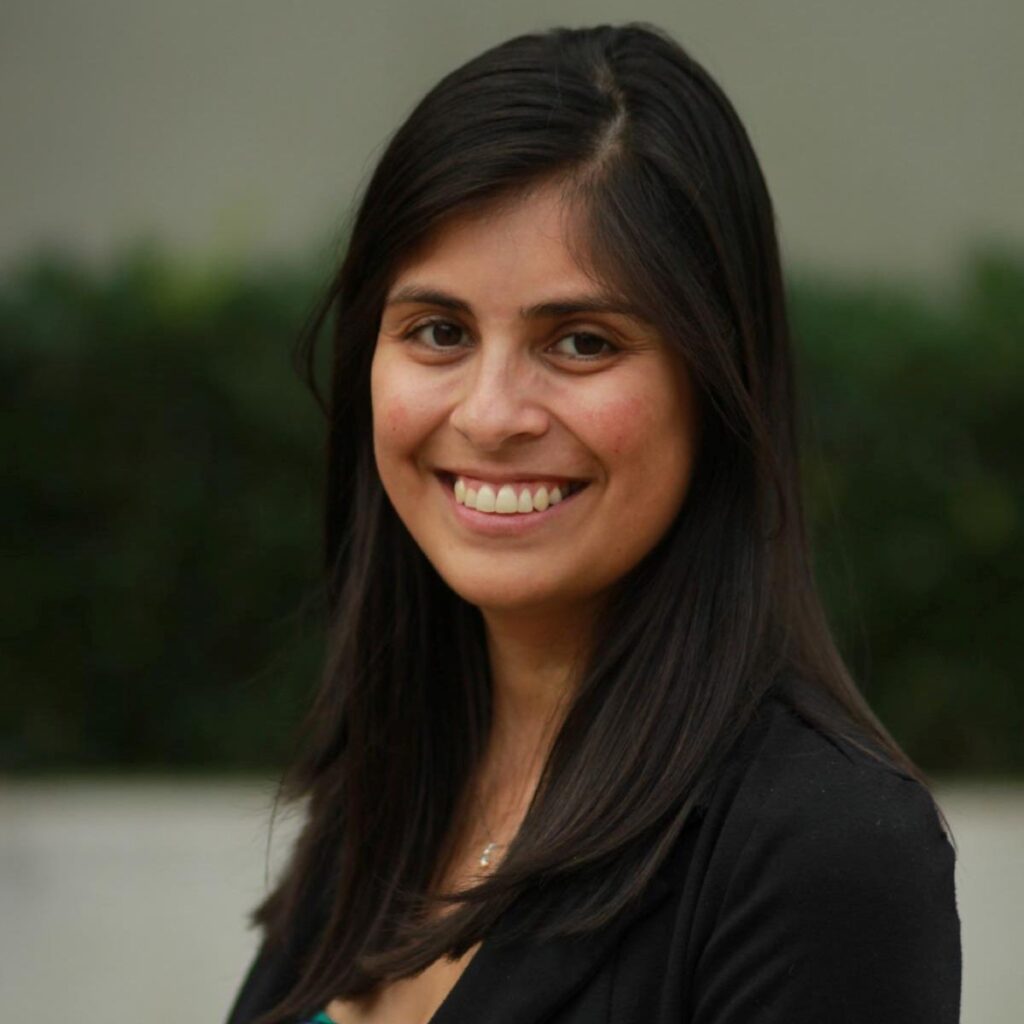
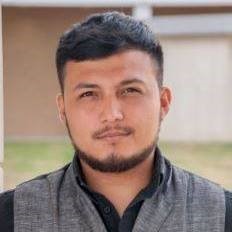

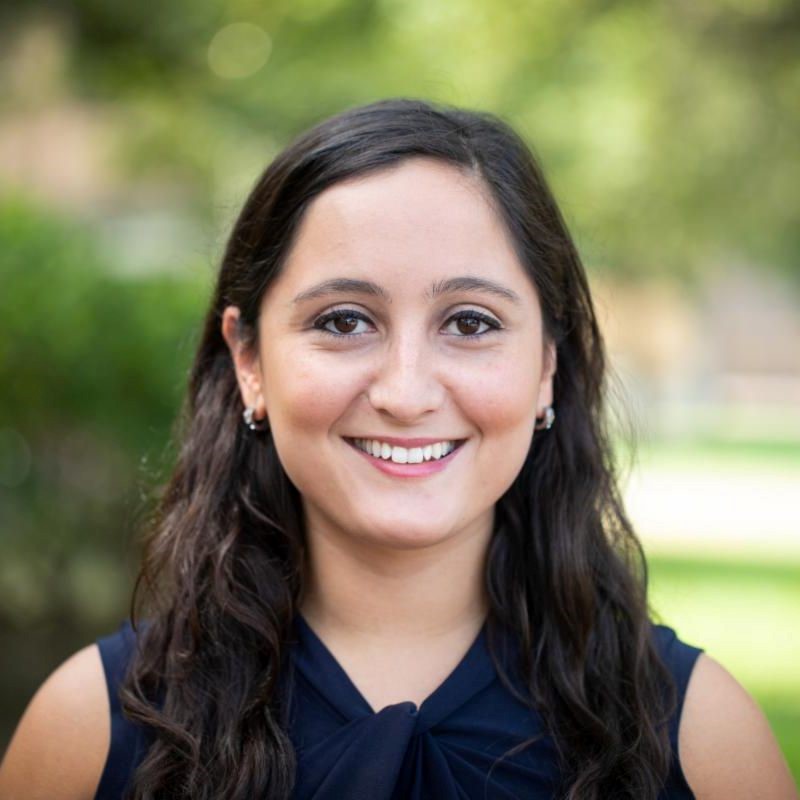
 Kristina Lovato, MSW, Ph.D., is an Assistant Professor of Social Welfare at the University of California, Berkeley. Dr. Lovato’s scholarly work focuses on enhancing Latinx child and family well-being among immigrant families at risk of immigration enforcement and/or public child welfare involvement. She will be using the funding to attend the Interdisciplinary Qualitative Research Methods Institute (IQRMI) at the University of Maryland.
Kristina Lovato, MSW, Ph.D., is an Assistant Professor of Social Welfare at the University of California, Berkeley. Dr. Lovato’s scholarly work focuses on enhancing Latinx child and family well-being among immigrant families at risk of immigration enforcement and/or public child welfare involvement. She will be using the funding to attend the Interdisciplinary Qualitative Research Methods Institute (IQRMI) at the University of Maryland.
 Marisa Westbrook, MPH, Ph.D., is an Assistant Professor in Health Promotion at the OHSU-PSU School of Public Health at Portland State University. Dr. Westbrook is a community-engaged researcher studying the impacts of the affordable housing crisis and urban inequity on mental health and wellbeing among low-income communities of color. Her ethnographic research projects examine the embodied experiences of housing insecurity and displacement pressure among Hispanic/Latinx immigrant families in changing neighborhoods. She will be using the funds to support her training and needed research hardware, she will be attending the Research Talk Qualitative Data Analysis Camp at UNC’s Odum Institute for Research in Social Science and will purchase materials for her fieldwork.
Marisa Westbrook, MPH, Ph.D., is an Assistant Professor in Health Promotion at the OHSU-PSU School of Public Health at Portland State University. Dr. Westbrook is a community-engaged researcher studying the impacts of the affordable housing crisis and urban inequity on mental health and wellbeing among low-income communities of color. Her ethnographic research projects examine the embodied experiences of housing insecurity and displacement pressure among Hispanic/Latinx immigrant families in changing neighborhoods. She will be using the funds to support her training and needed research hardware, she will be attending the Research Talk Qualitative Data Analysis Camp at UNC’s Odum Institute for Research in Social Science and will purchase materials for her fieldwork.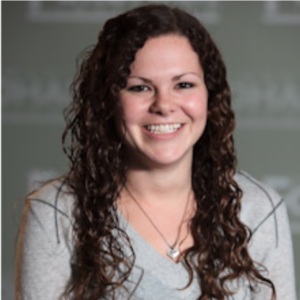
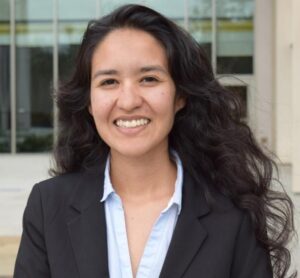 Carolina Valdivia, Ph.D., is an Assistant Professor in the Department of Criminology, Law, and Society at the University of California, Irvine. Dr. Valdivia’s work explores how various forms of legal and social exclusion impact the lives of immigrant youth and their families, including their educational trajectories, mental health, and political participation. She used the funding to attend and participate in annual conferences of the American Sociological Association and the Society for the Study of Social Problems.
Carolina Valdivia, Ph.D., is an Assistant Professor in the Department of Criminology, Law, and Society at the University of California, Irvine. Dr. Valdivia’s work explores how various forms of legal and social exclusion impact the lives of immigrant youth and their families, including their educational trajectories, mental health, and political participation. She used the funding to attend and participate in annual conferences of the American Sociological Association and the Society for the Study of Social Problems.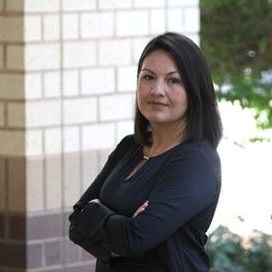 Irene Vega, Ph.D., is an Assistant Professor of Sociology at the University of California, Irvine. Dr. Vega’s broad areas of expertise are in Latinx sociology, educational inequality, international migration, and sociology of law. Her current book project examines the moral and racial logics that undergrad the U.S. immigration bureaucracy. She used the funding to attend the American Sociological Association’s annual conference.
Irene Vega, Ph.D., is an Assistant Professor of Sociology at the University of California, Irvine. Dr. Vega’s broad areas of expertise are in Latinx sociology, educational inequality, international migration, and sociology of law. Her current book project examines the moral and racial logics that undergrad the U.S. immigration bureaucracy. She used the funding to attend the American Sociological Association’s annual conference. Cynthia A. Wiltshire, Ph.D., is an Assistant Professor of Early Childhood Education at the University of Texas at El Paso. Dr. Wiltshire’s work examines the relationships that exist between teachers and Hispanic children in early childhood education settings, specifically the associations between teacher stress, teacher warmth, and child outcomes in cognitive and socioemotional development. She used the funding to attend the 2023 American Educational Research Association conference and to purchase a new laptop that will be used for data collection activities related to her research.
Cynthia A. Wiltshire, Ph.D., is an Assistant Professor of Early Childhood Education at the University of Texas at El Paso. Dr. Wiltshire’s work examines the relationships that exist between teachers and Hispanic children in early childhood education settings, specifically the associations between teacher stress, teacher warmth, and child outcomes in cognitive and socioemotional development. She used the funding to attend the 2023 American Educational Research Association conference and to purchase a new laptop that will be used for data collection activities related to her research.